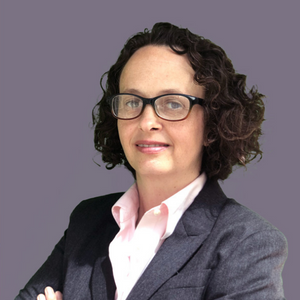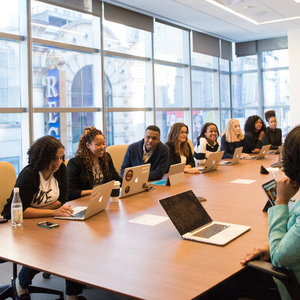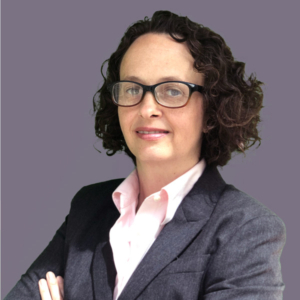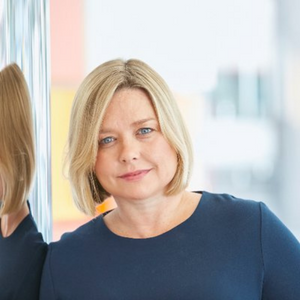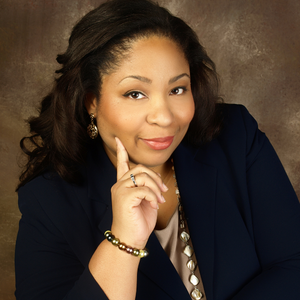Unlearn, Learn and Relearn: The Key to Career Change and More Meaningful Work
 With four in 10 women considering leaving their current roles, “Unlearn, Learn, Relearn” could well be the mantra for executive-level professional women looking to switch tracks to more meaningful work.
With four in 10 women considering leaving their current roles, “Unlearn, Learn, Relearn” could well be the mantra for executive-level professional women looking to switch tracks to more meaningful work.
Despite the ‘passion at work paradigm’ being around for more than six decades, there are downsides to that approach. It could be a straight path to (self) exploitation, says journalist Sarah Jaffe in her book Work Won’t Love You Back. You may have heard the talk about it leading to even high-salaried staff burning out or tackling depression in the workplace.
Unlearn
Canadian academic Galen Watts, based at the Centre for Sociological Research in Belgium, writes in The Conversation that the passion pursuit could be underpinning the Great Resignation currently sweeping through the world.
He suggests first ensuring you have a robust social safety net before searching for more meaningful work. That means valuing work and your family, friends, and hobbies, not prioritizing one over the other.
Your next professional move should see you focus on work-life balance. Here’s why that’s important: McKinsey’s Women in the Workplace 2021 report shows half of female senior leaders are burned out, about 42% are exhausted, and about 32% are chronically stressed.
Before you agree to a job offer, do more than your usual due diligence in researching the work culture of the organization.
Learn: who are the key players for Diversity, Equity and Inclusion (DEI) in your target industry
“Set your standards high for would-be employers regarding their diversity, equity and inclusion strategies and activities. Too many organizations focus on just the optics rather than making a difference aligned with a stronger purpose,” says Nicholas Pearce, Clinical Professor of Management & Organizations at the Northwestern University, Kellogg School of Management.
He advises looking for companies that:
- Link their DEI efforts for individual and collective purpose
- Prove their DEI achievements through transparency
- Work with similar organizations to progress humanity
Those exemplars may well rise to the top anyway, as those just paying lip service will “abandon their DEI efforts”, says Pearce.
Relearn: The side hustle or internal path to entrepreneurship
You might have a hobby, interest or small business you’ve been nurturing while in full-time employment. Beware the stereotypes that may be deflecting you from entrepreneurialism.
A recent study published in Entrepreneurship Theory and Practice found that one career path doesn’t fit or describe all women. It debunked the swathe of previous research that took a broad brushstroke to all professional female entrepreneurs marking them as less-economically motivated in their concepts of success, and less qualified as managers to run businesses.
The published study found that women entrepreneurs varied, more than converged, along a “single universal prototype”. It drew on career data from more than 800 female graduates from a U.S. business school over six decades. Those researchers advocate for a career path perspective or framework that sees entrepreneurship as a series of pathways or activities over time.
Carve your own entrepreneurial path, but be aware of what stereotypes you may come up against, such as when you pitch for start-up investment, as according to Crunchbase, just 2.3% of venture capital funding goes to female-led start-ups.
If you still have a side-hustle itch, consider if your current employer has a program to identify and support corporate social intrapreneurs. Nancy McGaw, a senior advisor at the Aspen Institute’s Business & Society Program, describes such intrapreneurs as on-staff and on standby to drive needed changes.
Take the initiative rather than wait to be tapped on the shoulder. McKinsey’s Women in the Workplace 2021 report points to a ‘broken rung’ still existing – the first step up to manager level. It means companies are inadequately laying foundations for women’s sustained progress to more senior levels. In short, women are under-represented across the higher ranks of the corporate ladder, as you no doubt know.
You’re not just after a ‘job’
You might reconsider confining your career move to ‘job titles’. If you have experienced your day-to-day role verging further and further away from your ‘job description’, think how to build skills for the next role.
You can keep up to date with our nation’s demand for skills, knowledge, and abilities via the OECD’s Skills for Jobs interactive website. Here you can zero into categories of skills that interest you. Here’s how I see them roughly split into skillsets:
- Analyst: analytical, reflective, critical thinking, digging deep into the data
- Linker: human-face including the human-computer interaction
- Sentry: security (cyber and physical), safekeeping
- Artist: creative, entrepreneurial, right-brain, communications
- Career: health, wellness
- Maker: fixing and maintaining
- Civic: keeping the status quo, public service, foundational
- Sustainers: care for the earth, resources
To ensure your next move is more meaningful to you, take heed of lifelong learning – the overarching theme for unlearning, learning and relearning.
Nicholas Wyman is CEO and Founder of IWSI America. He has sought novel ways to connect youth with the jobs of the future. Wyman believes the ‘learn by doing’ approach has much to offer in a new world straddling the fault lines of a ‘skills mismatch’ and has innovated market-driven solutions to address the long-term workforce issues faced by employers, education institutions, and governments. Wyman has also built a global conversation around the need to change the status quo in job skills training. His research work and thought-leadership articles are widely published and internationally recognized, and he’s the author of Job U: How to Find Wealth and Success by Developing the Skills Companies Actually Need. He is an international expert in workforce development issues and models. Wyman has an MBA and has studied at Harvard Business School and the Kennedy School of Government and was awarded a Churchill Fellowship.


